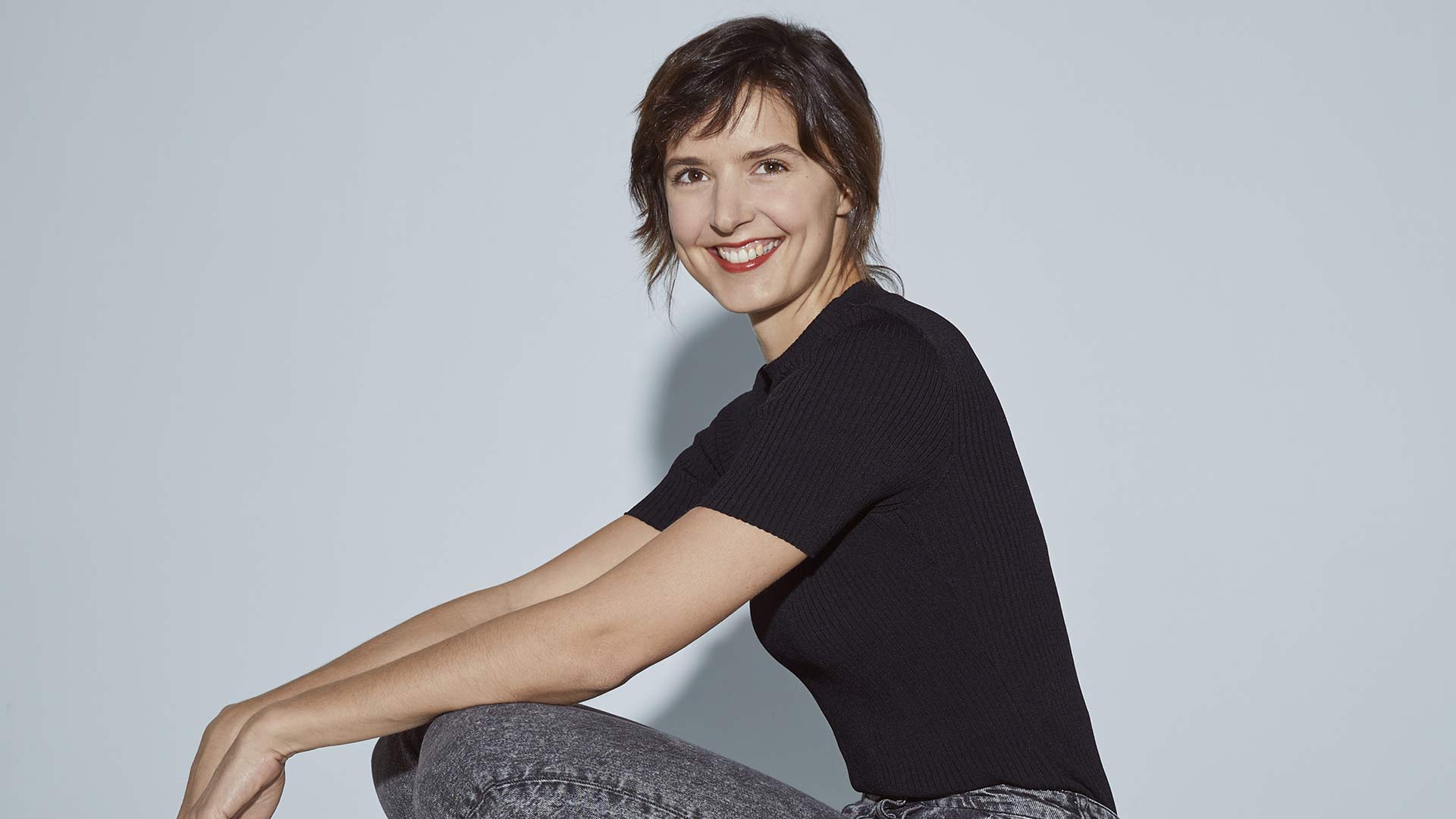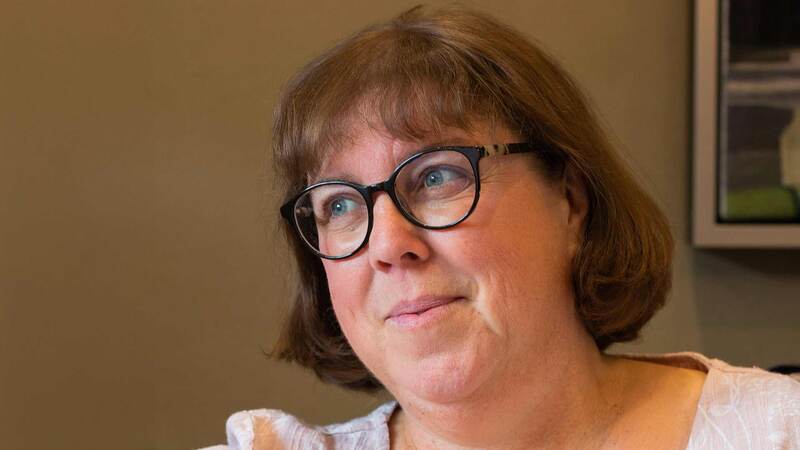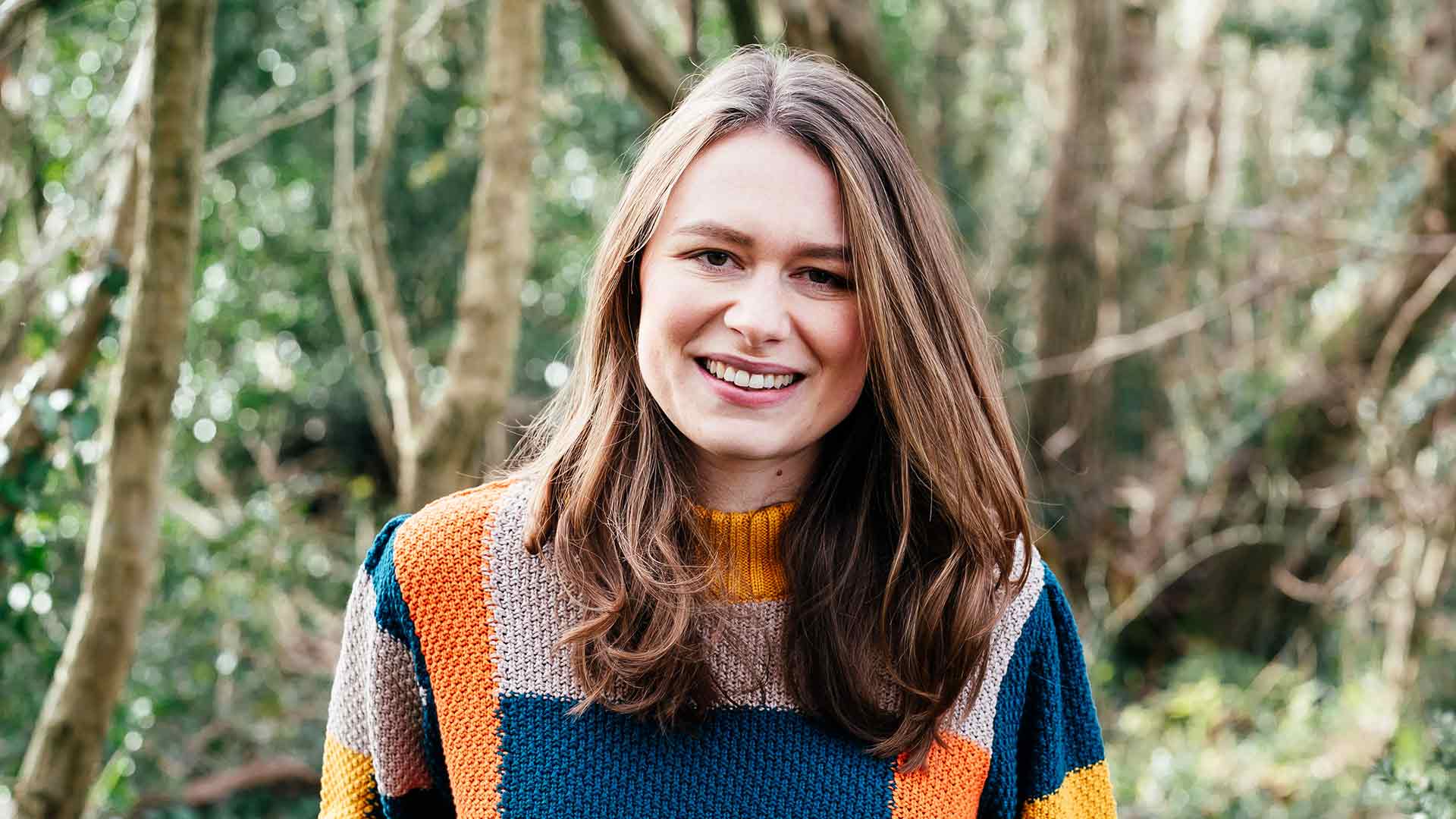You are viewing your 1 free article this month. Login to read more articles.
Barry becomes first novelist to win Costa Book of the Year twice
Sebastian Barry has been named winner of the Costa Book of the Year for a second time for his novel Days Without End (Faber & Faber), following a unanimous decision by the judges.
The book, which follows character Thomas McNulty, who has crossed the Atlantic to rebuild his life, was praised by the judges as "searing", "magnificent" and "incredibly moving".
The novel triumphed over the winners of Costa's four other award categories, First Novel, Biography, Poetry and Childrens, when it was announced by broadcaster Penny Smith at an awards ceremony at Quaglino’s in central London on Tuesday night (31st January).
The first novelist to have won twice, Dublin-born Barry is also the first Irish writer to have won the prize since Seamus Heaney in 1999 for Beowulf (Faber). Barry won the Costa Book of the Year award for the first time eight years ago for The Secret Scripture (Faber & Faber), also shortlisted for the Man Booker Prize.
Days Without End is about two brothers in arms who go to fight in the Indian Wars and ultimately the Civil War during the 1850s. It explores the gay relationship between these two men, inspired in part by the author's son Toby who came out as gay in his teens.
Chair of the judges professor Kate Williams said the novel, both "brutal" and "terrifying", had moved her to tears with a voice that was unforgettable and "one of the most wonderful depictions of love in fiction".
"It's brutal, it's terrifying, it moved me to tears, it horrifies and at the same time it has these fantastic moments of light and beauty and of friendship," she said. "It takes you really from the highs to the lows of human experience. It's an absolutely magnificent, incredible book. We were absolutely blown away by this book, it's absolutely our book of the year."
In acknowledgement of the current political climate, Williams added: "It seems very striking of course that we're looking so much to America and thinking so much about American history and life at the moment. And here is this book about the founding of America and about how America was won and how that was done and how power corrupts - what power does to you, what power makes you and our desire to have power over others... Although this written was some time ago, it now seems incredibly prescient to be reading it."
On receiving the award, Barry thanked the judges who he said had made him "crazy happy from the top of my head to my toes". He added: "It doesn't get any less overwhelming the second time".
In addition to his editors at Faber, Barry gave special thanks to his son Toby, to whom he said the book was "eternally dedicated". Barry revealed the first thing he'd done following his win was to Skype call Toby, who is currently studying at university in Ireland, to tell him the news.
Barry said his son, who came out as gay when he was 16-years-old, had both informed and inspired the novel and he was now intent on wanting to help mobilise the world against prejudice.
"It just so happened that the time I was thinking about it enough to begin the book, when I reached a point of total incomprehension, Toby came out in that magical way. It's what you pray for, how could you possibly arrange it, it's like a celestial coming together of things. Because you should be teaching your child something, it's not meant to be the other way around. He's taught me something," said Barry.
Barry's novel beat the bookies' favourite, memoir and military history Dadlad by Keggie Carew (Chatto & Windus), which at the end of last week held odds of 2/1 to win. He also triumphed over fellow Faber author Francis Spufford, TS Eliot prize-winner Alice Oswald, whose collection Falling Awake (Cape Poetry) was also shortlisted for the TS Eliot prize in 2016, and Brian Conaghan.
Since its inception in 1985, the Book of the Year award recognises the "most enjoyable" book across five categories has been won 12 times by a novel, five times by a first novel, six times by a biography, seven times by a collection of poetry and twice by a children’s book.
Last year's winner The Lie Tree by Francis Hardinge was the first children's book to have won the award since Philip Pullman's The Amber Spyglass (Scholastic) in 2001.
The Costa Short Story Award, decided upon by a public vote, went to Jess Kid for 'Dirty Little Fishes'. Billy O'Callaghan took second place for 'The Boatman' and Rob Ewing came third with 'The Persistence of Memory'.
Read The Bookseller's interview with Sebastian Barry about Days Without End here.

















